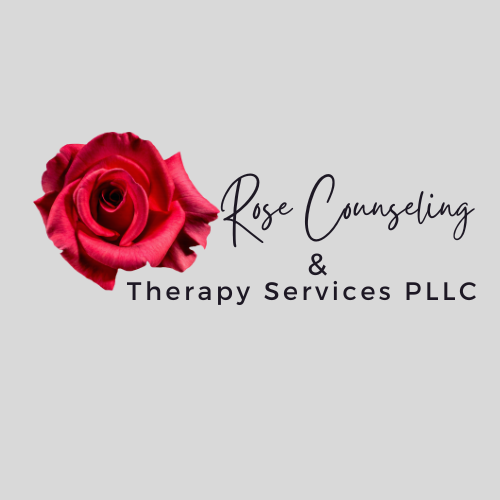Effectively Expressing Emotions
Have you ever cried in public or got annoyed at the slightest inconvenience? Feeling overwhelmed by emotions at work or getting irritated easily can be unsettling. Imagine a soda bottle being shaken up and then exploding once opened. When we suppress our feelings, they can erupt uncontrollably, much like a soda. Learning to express emotions in healthy, productive ways is crucial. Expressing emotions requires vulnerability and courage, which can be particularly challenging if you don't have a healthy model growing up or struggle with feeling accepted and secure.
Understanding and Identifying Your Emotions
To express your feelings healthily, you first need to label and identify them. We often experience a multitude of emotions simultaneously, which can be confusing. Emotions are closely linked to our physical bodies; researchers have pinpointed where certain feelings occur physically. Paying attention to these physical sensations can help you understand your emotions better. Slowing down and refocusing on the moment can make identifying your feelings easier. Failing to express emotions can lead to an emotional build-up that eventually erupts, negatively impacting your physical and mental health and your ability to develop healthy relationships.
The Consequences of Bottling Up Emotions
When we don’t express our feelings, it can lead to physical health issues such as high blood pressure and cardiovascular problems. The emotional labor of withholding emotions can increase stress levels, leading to isolation and loneliness. Studies show that expressing feelings is crucial for social well-being and social interactions. Positive emotional expression strengthens our relationships. The health benefits of expressing yourself outweigh the fears of doing so. In any relationship, whether romantic or platonic, it’s essential to share your feelings openly. Our partners or loved ones can’t understand how we feel if we don’t communicate with them. Expressing ourselves boosts our self-awareness and confidence, encouraging us to be more authentic. This newfound authenticity can motivate us to pursue our passions and set new goals.
Why Do I Feel Bad for Expressing My Feelings?
Opening up about our feelings can be daunting because it makes us feel exposed and vulnerable. Factors, including upbringing and background, influence how we view emotional expression. For instance, if parents taught a child not to cry or raise their voices when upset, they might learn that expressing negative emotions is unacceptable. This can lead to fear and anxiety about expressing even positive emotions like joy. Childhood lessons about emotional expression often carry into adulthood, making it difficult to share feelings. Overcoming this fear, however, is empowering. Expressing ourselves enhances self-awareness and confidence, reinforcing that being authentic is healthy. The relief felt after expressing emotions can inspire us to chase our dreams and set new goals.
Embracing Emotional Expression
Expressing our emotions healthily is vital for both our personal and social well-being. It strengthens our relationships, enhances our self-awareness, and boosts our confidence. Understanding and identifying our feelings allows us to communicate more effectively with others and live more authentically.
